Afghanistan War, CIA Sponsored Terror, Criminalizing Dissent, Human Rights, Iraq Veterans, Iraq War, Targeting Muslims, Torture, Truth to Power, War Resister
Podcast: Play in new window | Download
WBAI Listeners Please Click Here For This Week’s Rundown
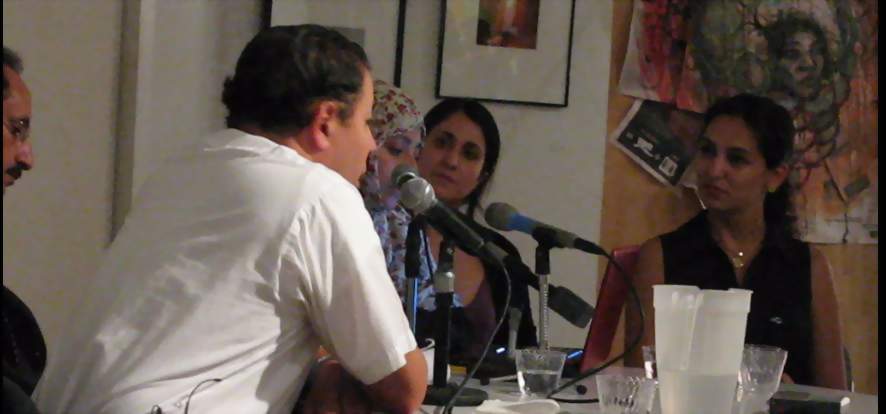

The United States and Yemen: Destroying Lives in the Name of National Security
We hear the voices of leading Yemeni activists and a Center For Constitutional Rights attorney speak on state violence, targeted killings, and human rights abuses enabled by the so-called “War on Terror” from the Brecht Forum event titled The United States and Yemen: Destroying Lives in the Name of National Security. The event was co-sponsored by the International Federation for Human Rights and the Brecht Forum. We hear first from Pardiss Kebriaei staff attorney at the Center for Constitutional Rights. Pardiss is working on a lawsuit to challenge a U.S. government kill-list and the targeting of a U.S. citizen now in Yemen and far from any armed conflict with the United States.
We hear from Tawakkol Karman chairwoman of the Yemeni non-government organization Women Journalists Without Chains, which campaigns for freedom of the press in Yemen and against human rights violations. She is a very prominent young activist, and Reporters Without Borders chose her in 2009 as one of the top seven women who have led change in the world. Karman is among the activists who in 2007 launched the “Phase of Protests and Sit-ins” in Yemen, holding regular sit-ins in the capital’s Freedom Square to demand democratic reforms and an end to human rights violations—including the harassment and imprisonment of journalists and dissidents, closure of critical newspapers, and censorship of news articles. A special thanks to Leili Kashani Education and Outreach Associate for the Guantánamo Global Justice Initiative at the Center for Constitutional Rights.
Also on the panel, to be heard soon, Ezz-Adeen Al-Asbahi, president of Human Rights Information & Training Center (HRITC), a non-governmental organization which seeks to enhance human rights in Yemen and the Arab World, focusing on the Gulf States in particular. HRITC has consultative status with the United Nations, offers training courses and forums on human rights, publishes a quarterly human rights magazine called Our Rights, and has published 30 books on law and human rights. Al-Asbahi is also the coordinator of a large regional network of human rights activists in the Gulf States and the Peninsula, and the president of a Yemeni network of human rights organizations which includes six Yemeni NGOs. A journalist and researcher, he has published eight books on literature and human rights. He is also the head of the civil society sector of the Supreme National Authority to Combat Corruption.
—-

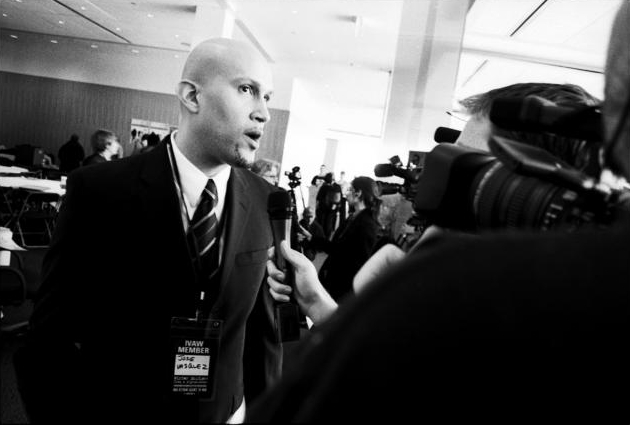
Troops out of Iraq, Permanent Bases and Privatizing the Occupation.
While many reports claim most US troops are leaving Iraq, there will still be 50 thousand troops remaining, 4 thousand will be replaced by 7 thousand security contractors. These are armed private contractors, former military with specialized skills in weaponry, radar and explosives. They will have less accountability in war zones. Meanwhile, massive permanent US bases remain including the world’s largest US Embassy in Bagdhad, Iraq. As the occupation in Iraq is privatized, veterans return back to the US. We’re joined today by conscientious objecter and Executive Director of Iraq Veterans Against the War, Jose Vasquez. Jose joined IVAW in June 2005 and co-founded the NYC chapter serving as the president. He also served on the interim board of directors and was elected to the first official board in 2006. He helped organize numerous actions and events including the Veterans’ and Survivors’ March to New Orleans, Operation First Casualty in NYC, and Winter Soldier: Iraq and Afghanistan.
Jose Vasquez:
- IVAW is a membership based organization, we are all folks who’ve served since September 11th.
- We call for the immediate withdrawal of all occupying forces from Iraq. We also have the same resolution for Afghanistan. We also want reparations for the Iraqis and full benefits for returning service members.
- I signed up right out of high school, graduated in ’92. I went straight in to active duty, I served 4 years as a Calvary Scout. Got out went to school and the Army Reserves as a medic.
- I had been in the military for a while before September 11th. I had a pretty good understanding of what our relationship was to Iraq. It was confusing to me, I was facing deployment. I stumbled across Democracy Now and I just started listening to that show religiously.
- By 2004, I was so upset about the Iraq War, I didn’t care what happened, I was not going to this.
- I started researching conscientious objection, six months later I filed for CO status. It took 27 months to get an answer.
- The Obama Administration has a finger on the pulse in terms of marketing hope. What they’re skimming over is how contractors are on the ground (in Iraq)
- From the perspective of an Iraqi, Americans running around with guns has not diminished that much.
- I think we owe the people of Iraq a lot. This mostly has to do with the US positioning itself to access the resources that they have.
- Stop the deployment of PTSD troops
Guest – Jose Vasquez, Jose was born in Bronx, NY and grew up in Southern California from the age of nine. After graduating high school in 1992, he enlisted in the U.S. Army serving over four years of active duty as a cavalry scout assigned to the 2nd Battalion, 69th Armor Regiment, 24th Infantry Division at Fort Benning, GA, and the 3rd Squadron, 4th Cavalry Regiment, 25th Infantry Division at Schofield Barracks, HI. He was honorably discharged in December 1996 at the rank of specialist (E-4).
Civil Liberties, Human Rights, Truth to Power
Podcast: Play in new window | Download
Updates:
—–
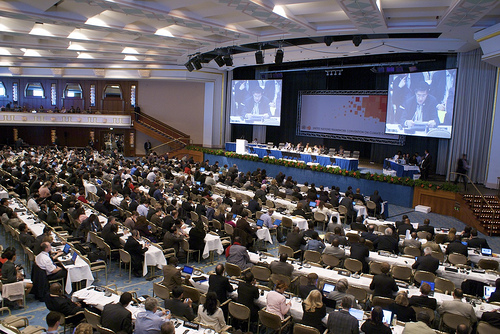
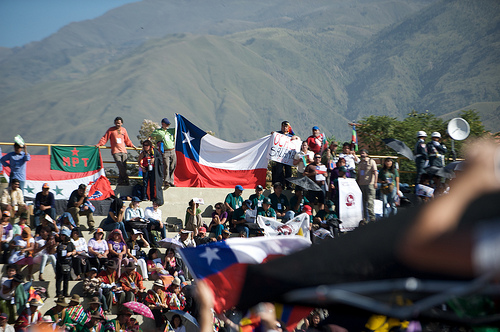
People’s Council on Climate Justice
From climate change to man made disasters such as the BP oil catastrophe, the People’s Council on Climate Justice are pushing for a structure of accountability. In April, the People’s World Conference on Climate Change and the Rights of Mother Earth in Cochabamba, Bolivia brought hundreds of activists and indigenous people together. Our guests today attended that conference, we’re joined by activist Jeff Jones, Mychal Johnson and Monique Harden. Mychal, a Bronx activist led the US delegation in Bolivia and delivered reports to Evo Morales and Hugo Chavez. Monique Hardin joins us by phone, she is the Co-Director & Attorney for Advocates for Environmental Human Rights in New Orleans. She began defending the rights of those most impacted by the Gulf disaster and now the BP disaster. Monique co-founded Advocates for Environmental Human Rights, headquartered in New Orleans in 2003.
Jeff Jones:
- The developed world did not agree to any definitive cuts to carbon emissions. People from the global south that are being impacted by climate change, led by President Evo Morales, called us together in April to talk about what we could do.
- Cochabamba is at an altitude of 8200 feet. Where does Cochabamba get its water, mainly from melting glaciers, there wasn’t a melting glacier in sight, they were all gone. There is going to be a water crisis, and the Bolivians know that. They’re reaching out for some solidarity and help before these intractable problems overwhelm the people of Bolivia.
- How do we build a movement that will force our government in the US to take meaningful action, in terms of addressing the problems of climate. What kinds of policy and investments can we make that result in transforming the way we live our lives and the way we do business?
- We take the subways for granted, one third of all public transit trips daily in the country take place in New York City. The cut backs in the public transit will lead to climate pollution.
- The philosophy of living in harmony with the Earth, respecting the Earth, that the purpose of our lives is not to use up every resource we can.
- We would like to live our lives in such a way, that we have what we need be happy. We can breathe our air and drink our water, that’s something we have a right to, but we don’t need more than that.
- The People’s World Conference on Climate Change
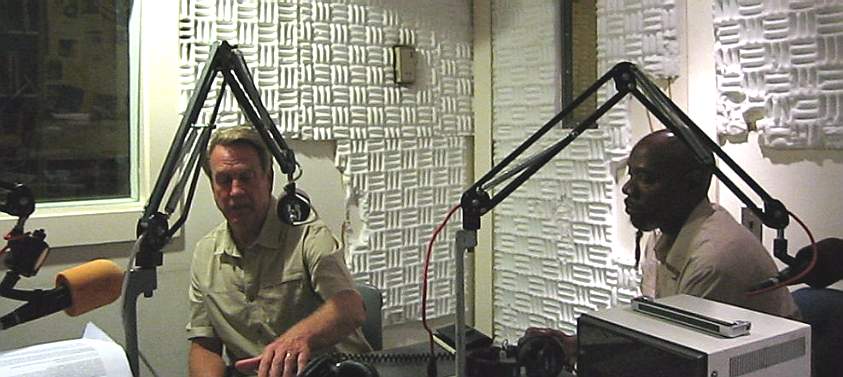
Mychal Johnson :
- We just recently fought to stop a major highway, Highway 87 from being expanded, the Major Deagan which would probably increased poor air quality and asthma rates. We have to inform the public about what we’re headed for and what it means to go up 1 degree Celsius.
- I went to Cochabamba to learn and was nominated and became president of the Harmony With Nature Working Group. There were 17 working groups.
- We put together a document of conscious thought of how we could move forward in harmony with nature.
- I was asked by the ambassador of Bolivia to present with the Harmony With Nature Working Group and 4 other working groups our conclusive documents to President Morales, President Chavez and 17 other heads of state. We don’t own our planet, our planet sustains our life.
- It’s takes a steady outcry for change to do anything differently in the community.
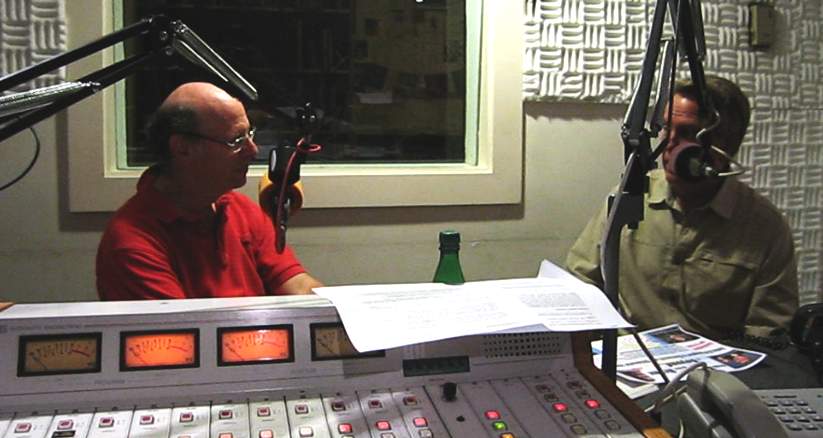
Monique Hardin :
- I live in New Orleans Louisiana. We were part of a US delegation to the Worlds People’s Conference on Climate Change in Cochabamba. I heard about the BP oil drilling disaster in Bolivia, when I got to New Orleans I found out 11 people were killed. The rest has been this real odyssey around the treatment of folks who have been put out of work, the posturing and positions taken by some of our elected officials who want to syphon money and not restore and recover.
- This need for documentation in the relief effort is blocking people’s ability to fully recover. It’s an ongoing problem even though it’s no longer on national TV.
- Galvanizing around the point of what we can do as people to change this. What is it that we can do to insure that our dependence on fossil fuels is changed and our ideas and habits around consumption is changed because it’s killing us.
- It’s killing people, it’s killing our environment. It’s creating a bleak future for us if we continue down this path. So, looking at crystal clear steps in holding governments accountable but also holding ourselves accountable.
- One of things we at Advocates for Environmental Human Rights would like to do is build connections with New Yorkers around the advocacy of rights based recovery, whether its environmental injustice or racism or a BP disaster. There has to be an obligation to remedy the damage caused.
- With climate change it means that children can get separated from parents, that families can no longer take care of themselves like they used to. Whatever your sense of normalcy was is ripped from under you.
- What we have here is five years with five major disasters, hurricanes Katrina, Rita, Gustav, Icke and the BP oil drilling disaster. So, people get the point there is no plan. There is no process for you. You get the runaround, you get tied up on bureaucracy that’s poorly funded.
- We can’t continue to live like this. This is dangerous.
Guest – Monique Hardin, Co-Director & Attorney for Advocates for Environmental Human Rights in New Orleans. She began defending the rights of those most impacted by the Gulf disaster and now the BP disaster. Monique co-founded Advocates for Environmental Human Rights, headquartered in New Orleans in 2003.
Guest – Mychal Johnson, member of US delegation to the People’s Council on Climate Justice. Bronx activist and member of the Bronx Community Board 1. Mychal is also a Bronx Real Estate Broker.
Guest – Jeff Jones – He was a communications director for ten years at Environmental Advocates of New York. He now heads up his own consulting firm called Jeff Jones Strategies that specializes in media expertise, writing and campaign strategies that help grassroots and progressive groups to achieve their goals.
—————————————————————–
Civil Liberties, Human Rights, Prison Industry, Truth to Power
Podcast: Play in new window | Download
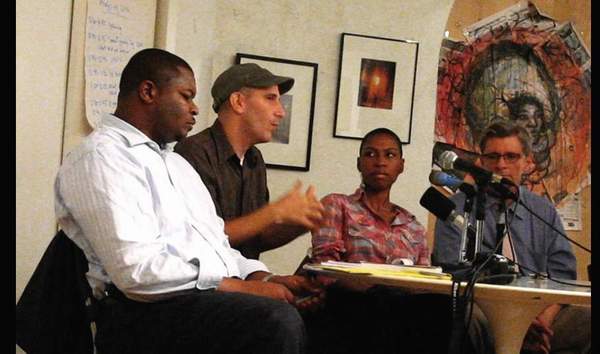

Community and Resistance on the Gulf Coast: Five Years After Hurricane Katrina, Four Months After the BP Drilling Disaster. Speakers: Rosa Clemente, Jordan Flaherty, Damon Hewitt, and Shantrelle Lewis. Moderated by attorney Eric Poulos. This week we hear from Jordan Flaherty and Rosa Clemente.
Jordan Flaherty. Jordan is the author of the book Floodlines. He’s a journalist and community organizer based in New Orleans. He was the first journalist with a national audience to write about the Jena Six case, and played an important role in bringing the story to worldwide attention. His post-Katrina writing in ColorLines Magazine shared a journalism award from New America Media for best Katrina-related coverage in the Ethnic press, his reporting has been featured in the New York Times, and audiences around the world have seen the news segments he’s produced for Al-Jazeera, TeleSur, GritTV, and Democracy Now. Safe Streets
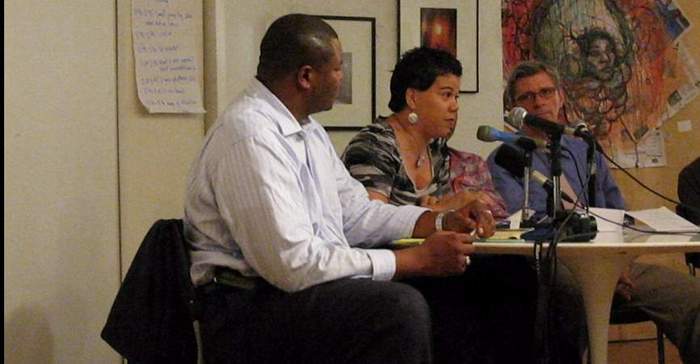
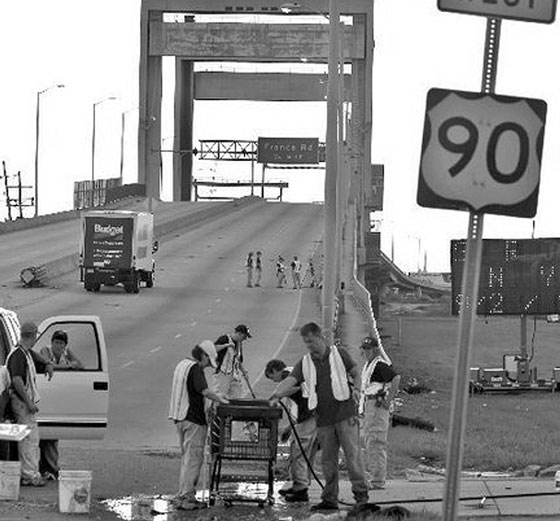
Rosa Clemente, community organizer, independent journalist and hip-hop activist. She was the vice presidential running mate of 2008 Green Party Presidential candidate Cynthia McKinney in the 2008 U.S. Presidential election. Clemente was born and raised in South Bronx, New York. She is a graduate of the University of Albany and Cornell University. Clemente has been delivering workshops, presentations and commentary for over ten years.
Clemente’s academic work has focused on research of national liberation struggles within the United States, with a specific focus on the Young Lords Party and the Black Liberation Army. While a student at SUNY Albany, she was President of the Albany State University Black Alliance (ASUBA) and Director of Multicultural Affairs for the Student Association. At Cornell she was a founding member of La Voz Boriken, a social/political organization dedicated to supporting Puerto Rican political prisoners and the independence of Puerto Rico.
—
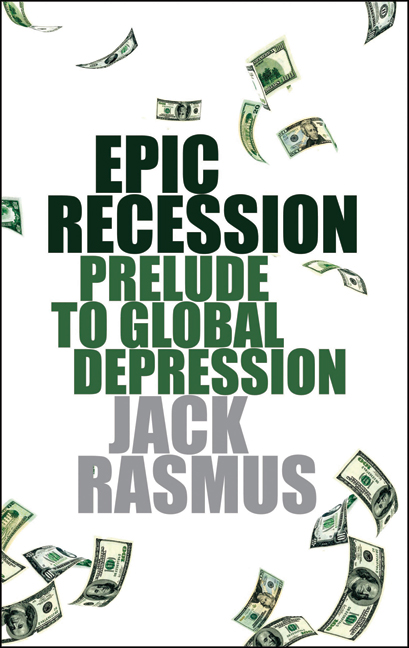
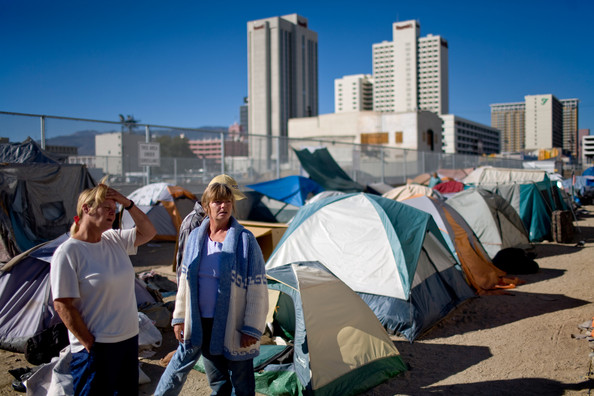
Author, professor Jack Rasmus joins hosts during fund raising in an interview about his recent book, Epic Recession: Prelude to Global Depression. Rasmus says another bank failure in the world could plunge economies into a depression. Who are the banks lending to? Rasmus says banks haven’t lent to small, medium businesses in the US, they lending collapse has gone on for 15 months. The banks have lent to hedge funds, private equity firms and speculators who have invested in foreign markets, Chinese commodities, oil and gold. Meanwhile, private investors and non-bank businesses continue to invest trillions into derivatives and speculative markets away from solid investments and production. Review
Jack Rasmus:
- I think its necessary to explain what’s really going on. How we got here, how it’s different. Why is it so difficult to extracate from it? The first 3 chapters are theoretical, the next few are historical.
- 1907-1914 – You bail out the banks, and there’s no fiscal stimulus and what you get is an extended period of stagnation. It didn’t end until the massive fiscal spending of WWI.
- A type II Epic Recession, the banks aren’t bailed out, and there isn’t sufficient fiscal stimulus. We had two banking crisis, then followed by another one in 1932 and 1933.
- Jump forward, there’s a possibility of another banking crisis somewhere in the world, if so, then a global depression. Banks have been engaged in this speculative shift, where they built up this huge level of debt.
- There are about 25 million without jobs. The government number is 14 million, the U3 unemployment.
- 7 million homes foreclosed. 3 million over 90 days delinquent.
- The first thing you got to do is create a massive 10 million job program. You got to finance 10 million jobs and that will cost a trillion dollars.
- The banks are sitting on a trillion dollar cash horde. Private businesses, non bank businesses are sitting on a 1.84 trillion dollar cash horde.
- That’s not counting the 750 billion. The money is there, it’s not being spent after they’ve been bailed out.
- Obama was only trying to put a floor on the consumption collapse. Unemployment benefits, give some states money, retirees, but that’s played out.
- What we need in this country is what I call utility banking. Create a 401K pool that the government matches by individual contributions and invest in alternative energies.
- The Global Money Parade: There is 10 to 20 trillion dollars of speculative banking sloshing around the world now causing all these bubbles. In the hands of shadow banking institutions, wealthy investors who are tied into the major commercial banks. They’re creating financial fragility as more and more non bank businesses participate in derivatives trading.
Guest – Author and Professor, Jack Rasmus teaches in the Department of Economics and Politics at St. Mary’s College, Moraga, California.
Solutions list from our March 2009 interview with Professor Jack Rasmus.
Solutions:
- No way out of housing crisis without nationalizing housing market.
- Create a new government agency and properly fund it, – 900 billion dollars – it would create a small residential and business loan agency. Go in there and reduce long term principle and interest to long term averages that existed before 2002’s run up of huge speculation.
- That would be for all loans, not just the ones in foreclosure. Which would stimulate consumption not just shore up housing industry. Similar to the Homeowners Loan Corporation of the 1930s.
- Auto Companies – You can’t just have 3 US Auto Companies surviving. They have to be nationalized if they’re going to put that much government money into them. We don’t give them a penny unless they stop their investment and expansions overseas.
- Ford is building big plants in Petersburg Russia. GM is building big plants in Shang Hai, China. Immediately they should be required to build cars with proper mileage. Bring back 2 trillion of the 6 trillion that’s been stuff away in offshore tax havens in the last 20 years.
————————————————————————-
Civil Liberties, Criminalizing Dissent, Cuba, Human Rights, Iraq War, Targeting Muslims, Truth to Power
Podcast: Play in new window | Download
Updates:
——–
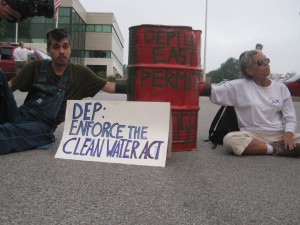
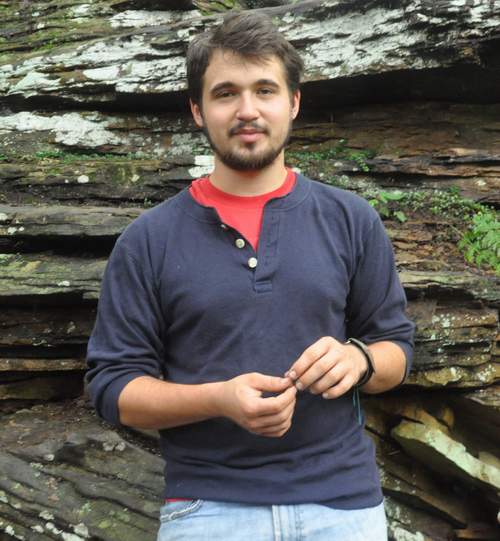

Climate Ground Zero – Update with Jimmy Tobias
We get an update from Mountaintop Removal activist Jimmy Tobias. Jimmy was arrested this summer with others for using direct action to shut down a coal mining mountaintop removal effort in Virginia. He was held on a 3500.00 bail and later released. A New York Times editorial states that movement to slow down and stop the mountaintop removal mining in that area is gaining traction and the Obama Administration is restricting permits for mountaintop removal mining. Recent Action.
Jimmy Tobias:
- I’m in Rockcreek, West Virginia where the campaign houses are located. The campaign houses have a big role, but there a million other things people work on.
- At the moment we’re gearing up for a mass mobilization in Washington, that will take place between the 25 and the 27 of September. Appalachia Rising. We’re focused on bringing national attention to the issue.
- I’ve been loathe to put my faith in the EPA to solve these problems. Their actions have been really ambiguous. They go back and forth and its really hard to get a sense of the ultimate outcome of their actions (EPA)
- My passion is for the local organizing, because that will make it or break it basically. We have four campaign houses, a big outdoor kitchen, everyone eats together, organizes together, works on different aspects of the campaign. The civil dis-obediance campaign is called Climate Ground Zero.
- Coal River Mountain Watch, Sludge Safety Project, Mountain Justice.
Guest – Jimmy Tobias, activist and direct action protester against Mountaintop Removal.
———–

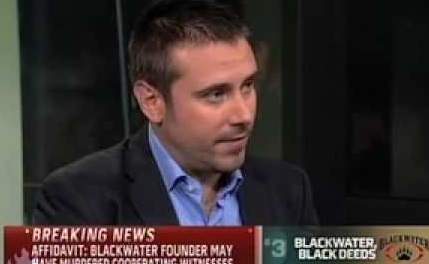
Blackwater Reaches Deal on U.S. Export Violations
The private security company formerly called Blackwater Worldwide has reached an agreement with the State Department for hundreds of violations of US export control regulations. The company now called US Training Services will pay the US government 42 million dollars in fines to avoid criminal charges on export violations. Violations include shipping weapons to Iraq hidden inside containers of dog food. There are other legal troubles facing Blackwater officials, but the company continues to obtain government contracts. Last June, Blackwater was awarded a 120 million dollar contract to provide security at a State Department regional office in Afghanistan and the CIA renewed the firm’s 100 million dollar security contract in Kabul.
Jeremy Scahill:
- This is a company that has been repeatedly involved with criminal activity, with murder and has gotten off scott-free. It has been shielded by its handlers at the State Department or at the DOD.
- The idea that this company can pay what amounts to 146 thousand dollars per violation is outrageous.
- The real meat of it is the murder they’re involved with, the human rights violations.
- What would it take for this company to be completely knocked off the US Government payroll?
- US operations in Afghanistan now, have become so dependent on Blackwater, both in the CIA and State Department. Eric Prince, the owner of Blackwater who has since fled to the United Arabs Emirates, which has no extradition with the United States. He moved there after five of his top deputies were indicted on conspiracy and weapons charges. This is a man who knows where the bodies are buried, he was working for the CIA, for the Joint Special Operations Command. They (Blackwater) could reveal details of action that would horrify the average American if they knew this was being done in their name.
- After 9/11, Eric Prince cut a deal with the number 3 man at the CIA, Alvin Buzzy Krongard. Find Fix and Finish Operation.
- There are also cases of I’ve heard of Blackwater working inside of Syria.
- Two former Blackwater employees, a man and a woman, the man worked in war zones, the woman worked on the financial side. They have filed a whistleblower case against Blackwater, alleging extrajudicial killings and bilking US taxpayers. Susan Burke recently deposed Eric Prince.
- Blackwater is involved with secret assassination programs in countries around the world, where we aren’t at war, where we aren’t informing those countries.
- The only serious challenges to Blackwater, aka Xe, aka US Training Services are people like Michael Ratner and Susan Burke. Bill: Stop Outsourcing Security Act.
Guest – Jeremy Scahill is the author of the international best-seller Blackwater: The Rise of the World’s Most Powerful Mercenary Army. He is a frequent contributor to The Nation magazine and a correspondent for the national radio and TV program Democracy Now! He is currently a Puffin Foundation Writing Fellow at The Nation Institute. Scahill has won numerous awards for his reporting, including the prestigious George Polk Award, which he won twice. While a correspondent for Democracy Now!, Scahill reported extensively from Iraq through both the Clinton and Bush administrations.
——————–
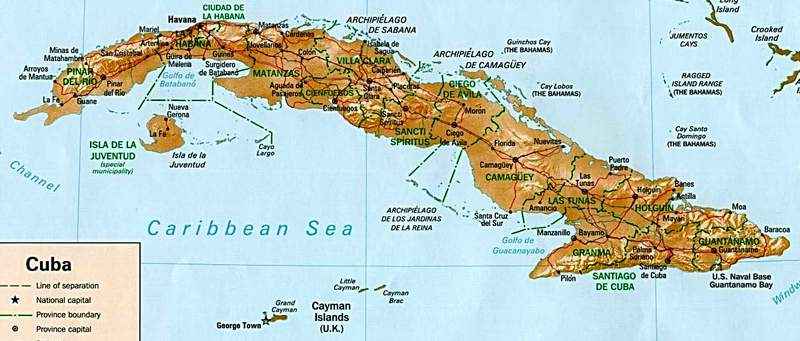
Cuba Travel Ban
Will the Obama Administration come to a decision on how much to enable travel to Cuba. The Administration could simply reinstate President Clinton’s policy which is a costly case by case application or grant general licenses to the remaining 11 categories of travel to Cuba. General license would include schools, cultural institutions, Chambers of Commerce, religious bodies, World Affairs Councils, humanitarian organizations and more.
Sandra Levinson:
- The travel regs are not really travel regs. They are regulations set up by the US Treasury Department at the instigation of the US State Department. You can’t spend money in Cuba.
- President Carter lifted the travel ban, there were direct flights to Cuba during the brief time he was president.
- During the Clinton Administration, we were able to take a number of trips. Ban in effect for a number of rationales, we don’t wanna give money to Castro. It always surprised me that William F. Buckley was in support of ending the travel ban to Cuba.
- We can always do professional trips. I’m leading a trip for professional artists.
- Lawyers traveling to Cuba fall under the general license, it’s by assertion. You simply say as legal professionals you’re doing legal research.
- We’ve been to Cuba so much, our travel is not formal, it’s intimate.
- Although the food and medicine embargo was lifted several years ago, the regulations about payment are so tough on the Cubans, everyone else can buy on credit. The Cubans can’t, they have to buy up front, before a ship leaves US territory with the food, with the medicine.
- I fell in love with Cuba, I arrived on July 4, 1969. I was there for six weeks. Socialism with salsa.
- On the fifth day of my first trip, Fidel Castro taught me how to cut sugar cane. I think he is the one of the smartest leaders we’ve had in this hemisphere. I think he’s been in power that long, because we have not had relations with Cuba.
Guest – Sandra Levinson, Executive Director of the Center for Cuban Studies in New York City and Director of the Center’s Cuban Art Space. Facebook link
——————————————————
Civil Liberties, Criminalizing Dissent, Habeas Corpus, Human Rights, Military Tribunal, Political Prisoner, Prison Industry, Supreme Court, Targeting Muslims, Torture, Truth to Power
Podcast: Play in new window | Download
Updates:
—
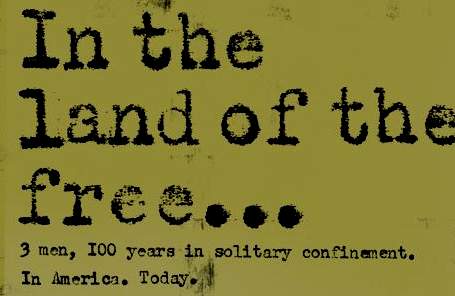
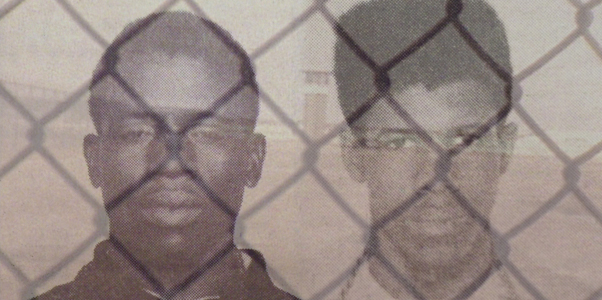
In the Land of the Free, a film by Vadim Jean
Director Vadim George joins us to discuss his recent documentary film “In the Land of the Free.” As many listeners may know, the Angola 3 are Robert King, Albert Woodfox and Herman Wallace. Each had arrived to the Louisiana State Penitentiary in the late 1960s. While in prison, and in contact with Black Panthers, the men helped build a prison chapter of the Black Panthers. They organized inmates to end systematic rape and violence and worked as jailhouse lawyers. The men have spent a combined century in solitary confinement in the Angola prison. Vadim’s powerful documentary explores the issues of accountability and examines the biases against the sentencing of African Americans compared to Whites and Latinos. The film is narrated by Samuel L. Jackson, and it’s noted toward the end, that there is a pending civil suit ‘Wilkerson, Wallace and Woodfox’ vs the State of Louisiana, ruled by the US Supreme Court and to go to trial based that their 30+ years in solitary confinement is “inhumane and unconstitutional”. This case could stop long-term solitary confinement in US prisons.
Vadim Jean:
- I was friends with Anita Roddick, she knew Robert King, and when she passed away in 2007, Robert King was one of the speakers at her memorial. They wouldn’t let me film in the prison.
- The Angola 3 came together in the New Orleans parrish prison in the 1970s.
- The criminals were put in with the Black Panthers and the Black Panthers educated the criminals.
- In the 1970s Angola was the bloodiest prison in America.
- Robert King was told why he was kept in solitary confinement after 25 years in CCR (solitary confinement)
- Because he was being investigated for the murder of Brent Miller, which happened when he wasn’t even in the prison. They’re incredible human beings. They’re strong men. They’re self educated, in prison.
- I think they have their side, the fact that they know they’re innocent, and that makes you strong, that’s made them incredibly strong. They refused to be beaten.
- Robert is free. His conviction was overturned in 2001. People have reacted strongly to the film.
- I’ve tended to make drama comedies. I made a completely mad film called Jiminy Glick in Lalawood with Martin Short.
- I made this film for Anita. (Anita Roddick) The Roddick Foundation.
Guest – Vadim Jean, began his career directing commercials for products such as Blockbuster Video, Woolworths, The Observer and Mercury 121 Mobile Phones. He then moved on to music videos for Elton John and Oasis before co-directing his first feature film, Leon the Pig Farmer (1992). For his work he won an Evening Standard British Film Award for Most Promising Newcomer, a Chaplin Award for Best First Feature at the Edinburgh International Film Festival.
——–

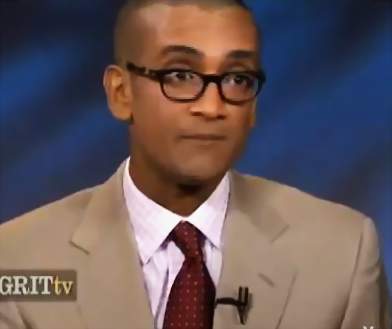
Law and Disorder Barack Obama Series – CCR Staff Attorney Shane Kadidal
We’re joined by Center for Constitutional Rights staff attorney Shane Kadidal to give us an overview on several critical topics we’ve been following over the years here on Law and Disorder. We look at what is happening in Guantanamo right now, the Obama policy of preventive detentions and the state of Habeas Corpus in the United States. In January of 2009 Barack Obama issued orders to close Guantanamo Bay prison. There was talk of transferring prisoners to a supermax prison in the United States. Military tribunals move forward for Guantanamo prisoners.
Shane Kadidal:
- What we won is the right to get into court and challenge the legality of your detention. CCR won that in 2008
- Obama gets into office and says he’s going to close Guantanamo Bay Prison in a year.
- Obama to set up expert agency to decide what to do with people in Guantanamo prison
- About 50 cases have gone forward and we (CCR) won 72 percent of the cases
- About 180 left in Guantanamo. Obama has improved physical conditions for detainees in Guantanamo, but they’re still stuck there. Nothing much has changed, we see stasis, there isn’t much political movement.
- About a month into the administration, the Obama Department of Justice says our position is the same as the Bush administrations on Bagram AFB prison
- We’re taking the same legal position about executive power as the previous administration – state’s secrets about rendition
- Six hundred people in Bagram right now. Bagram is an active war zone, can’t have courts interferring
- About 30 of the remaining 180 in Guantanamo will be charged. Most of the people brought there were innocent. The victim of profiling policies.
- General Stone says 400 of the 600 hundred in Bagram Prison have done nothing and should be released immediately. Task Force report on Guantanamo prisoners. 10 percent leaders of Al-Qaeda, 20 percent had a logistics role, others are low level soldiers. This is false.
- There are innocent people in Guantanamo, who have been there for 8 years.
- We still have a military commissions, an indefinite detention system. Lieberman proposing to strip citizenship from terrorism suspects so they can be interrogated without Miranda warnings.
- Moving Guantanamo Prison to Thomson Prison in Illinois.
- Obama as committed to removing checks on executive power
Guest – Shane Kadidal senior managing attorney of the Guantánamo Global Justice Initiative at the Center for Constitutional Rights in New York City. He is a graduate of the Yale Law School and a former law clerk to Judge Kermit Lipez of the United States Court of Appeals for the First Circuit.
Past shows with Shane Kadidal











